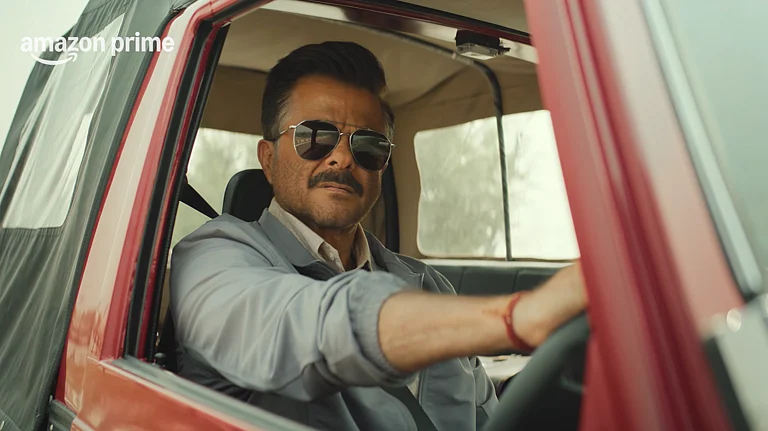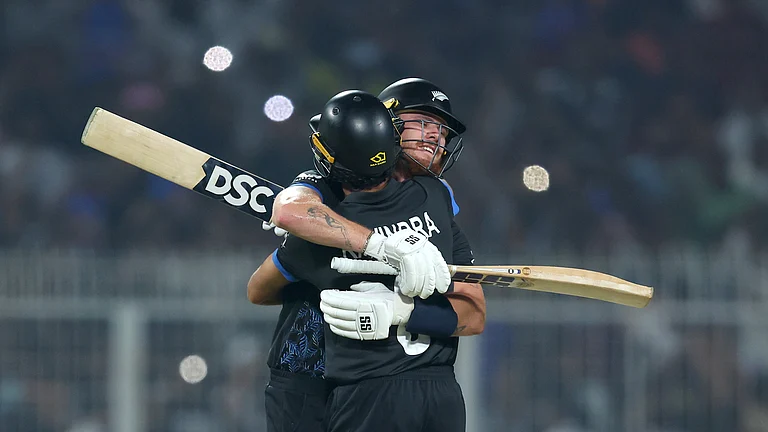August 2022, the Ukrainian writer, activist and war crimes investigator, Victoria Amelina, posted a poem on Facebook based on her testimony from Mariupol.
Strange scorching summer
Filled with sea people
Their memories dismantled
Into souvenirs
Photographers for German papers
Journalists for the Times
Prosecutors
Investigators
Archivists
For future museums of the City
Of which only a sea remains
And some sea people
Whose memories are collected
As souvenirs
The images form a kind of palindrome: investigative reports from the war framed by people’s personal memories.
Victoria Amelina, (1986-2023), died on July 1 from wounds inflicted by a Russian missile strike on a restaurant in the East Ukrainian city of Kramatorsk.
With Amelina’s death, the world lost a fearless, thoughtful individual, whose writing probed the limits of memory and belonging. Take this excerpt from one of her novels, published in my home university’s journal Alchemy a year ago:
“A dog can show you, like on a map, the pulse points and entire spots of pain in this city. The forties lie at a shallow level. And a bit deeper—the events of World War I… There are no names, no nationalities, or class affiliations that can be read. Instead, you have to ascribe traces of vague human words on this vivid map. They must be collected, like breadcrumbs, from a few tour guides, chatty neighbors, and popular radio broadcasts.”
“Dom’s Dream Kingdom,” translated by Grace Mahoney, is told from the perspective of a dog, whose sharp sense of smell gives him unique access into a city’s history. For Dom, centuries are layered, namelessly, one atop another. And cultures are interwoven, bounded by their belonging to a common space.
Born in Lviv to a Russian-speaking family, Amelina briefly lived in Canada as a teenager before returning to her native Ukraine. She studied computer science and worked in IT, shifting to writing full-time when her first novel, The Autumn Syndrome, or Homo Campatiens (Sindrom listopadu, abo Homo Compatiens), a book about the 2014 Revolution of Dignity, was published in 2015. Her 2017 novel, Dom’s Dream Kingdom (Dim dlia Doma)—literally, a home for Dom—was awarded the European Union Prize for Literature and was shortlisted for the LitAktsent Book Prize. It’s about a family in Lviv with a Soviet pedigree, who live in the home of the Polish Jewish sci-fi writer, Stanislav Lem. Amelina also wrote children’s fiction and poetry. She was awarded the Joseph Conrad Literary Award in 2017.
On the eve of the full-scale invasion of Ukraine, Russia began bombing cities in Donbas. Amelina posted on her Facebook page, “Kramatorsk, what’s happening with you?” She was traveling abroad, and was slated to fly home on February 24, 2022. “I feel so bad I’m not with you right now,” she posted from the airport, having learned that Ukraine had closed its air space. “Forgive me. I’ll try to be useful.” The next day she posted a long message in English, asking citizens of the world to protest: “Evil never stops—we must stop it. So please do not give me shelter, give me your hand.” As millions of displaced Ukrainians fled across the border to Poland, Amelina crossed the border back into Ukraine. That spring, she began documenting war crimes for the human rights organisation, Truth Hounds, traveling through Ukraine’s newly de-occupied territories to investigate the violence carried out against Ukrainian citizens. Among her contributions was the recovery of a diary left by writer and activist, Volodymyr Vakulenko, whom Russian troops had abducted and killed near the city of Izium in the first months of the full-scale war. Vakulenko had buried the diary under a cherry tree, telling his father to give it to “our side” when the city was liberated. Amelina passed the original, which she unearthed with Vakulenko’s father, to the Kharkiv Literary Museum.
I knew Amelina only virtually. She and I were friends on Facebook, a venue that has emerged, particularly since war broke out in 2014, as the virtual agora where Ukrainian poets share their work as well as calls for activism thoughts about Ukraine’s changing civic society. We followed each other’s tweets, liked each other’s posts. I got to know her, that is, from a distance, admired her brave response to the war, her advocacy for Ukrainian literature, her clarity in both Ukrainian and English. A month into the war, she wrote an article for the Eurozine magazine, harshly contrasting the intellectual debate—from whether to engage with Russian culture to the annihilation of Ukrainian culture in the tsarist and Soviet periods.
“Because while the world debates whether to cancel or to welcome artists and writers who suddenly feel like leaving Russia amidst its economic collapse, it neglects the crucial question: will Russia succeed in executing Ukrainian culture once again?”
Though her focus for the last year of her life was on documenting the reality of war, her poetry and commentary reminded her readers how much was at stake. Amelina was planning to take a break from her war crimes work and spend the coming year as a fellow at Columbia University’s Paris campus. She had not planned to return to Donbas, but agreed to take one last trip, to lead a delegation of Colombian writers who hoped to visit the liberated cities she had been documenting. Twelve civilians were killed along with Amelina, including four children.
(Those who wish to honour Amelina’s memory may donate to the literary festival she founded in the East Ukrainian town of Nyu York. Link
https://pen.org.ua/en/rozpochato-zbir-koshtiv-na-pidtrymku-festyvalyu-zasnovanoho-viktoriyeyu-amelinoyu)
Amelia Glaser is a professor at the University Of California San Diego

















